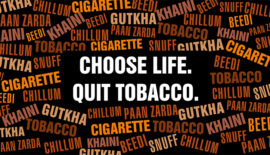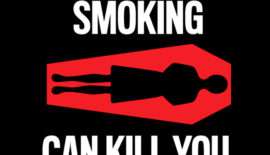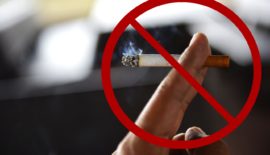We believe that for future generations to live happily on this blue planet, we have to make sure it remains livable, breathable and habitable. One of the major obstacles that humanity will be facing along with the rest of the species will be pollution and the most noxious face of this pollution is single-use plastics.
In 1950, when the population of the world was 2.5 billion, India itself produced 1.5 million tons of plastic and in 2016 as humanity crossed the 7 billion mark; the country was responsible for producing a whopping 320 million tons of plastic out of which more than 76% finds its way back into the ocean floor through rivers. Today Ganga and Brahmaputra are among the top ten most polluting rivers in the world, carrying the plastic debris into the ocean floor.
The extent of pollution is such that now most of the table salt produced by industrial process contains micro plastics due to the polluted ocean floor. This is further causing severe damage to the marine life of both rivers and oceans. Presently in India, we have to build an atmosphere for legislation for a complete ban on single-use plastic.









